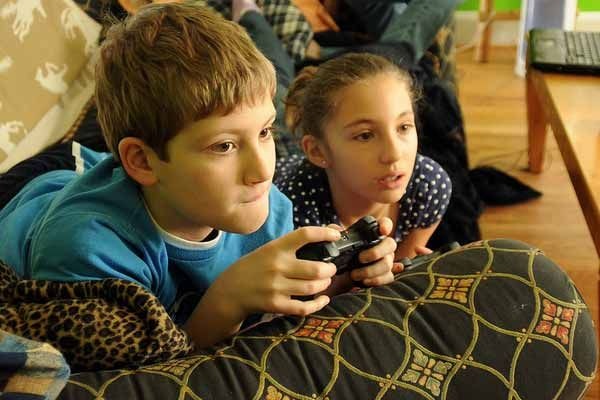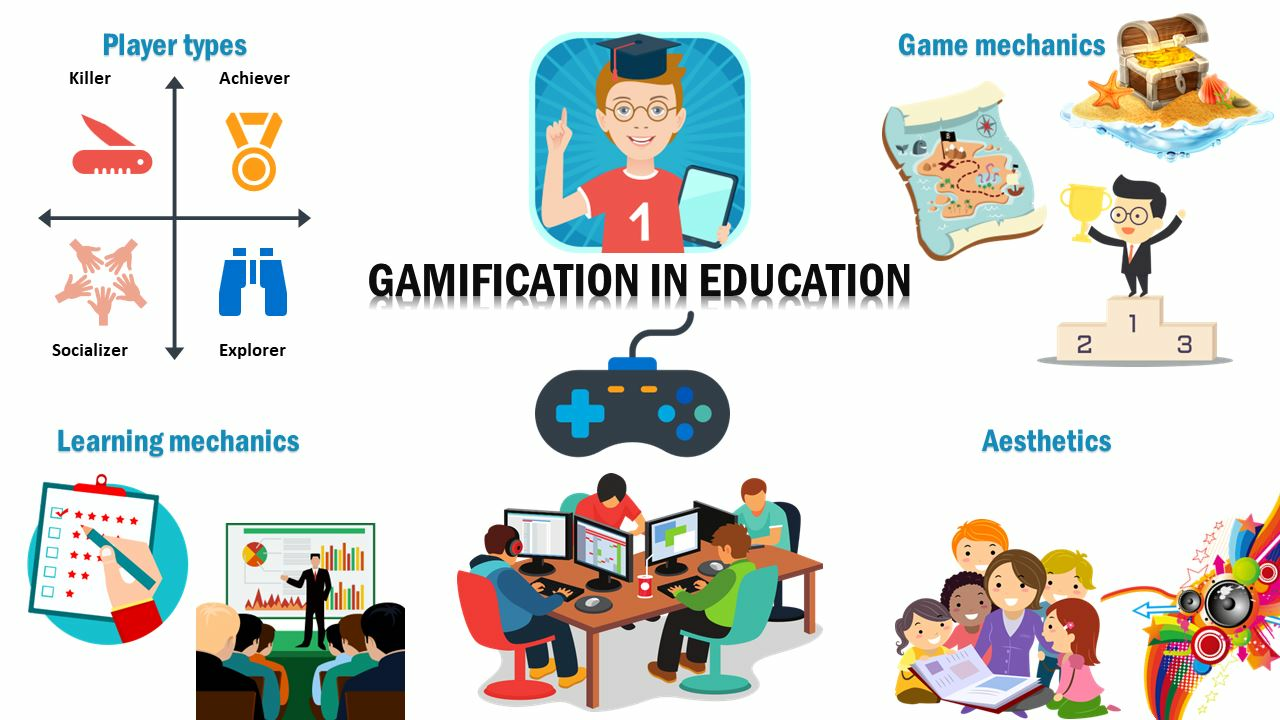Anyone with kids (and many adults, for that matter) are aware that achievements garnered through performing certain activities in games are sought after despite being relatively worthless. They can rarely be “cashed in” on anything. They aren’t broadcast. In many ways, these achievements and progressions are very personal though they do add bragging rights amongst friends.
How can this mild obsession with rewards and achievements be translated into education? The fact that it’s a question is sort of sad; this could easily become the cornerstone of an education system that goes beyond grades and focuses on empowering children to do the things they do anyway in the games they play.
That’s the premise behind this infographic by Knewton. Click to enlarge.




Though the term “gamification” gives me a rash, since only people that know very little about games use it, but you are on to something.
Animals and people play to learn. Gaming predates humans. Our brains are wired for the ludic learning experience. Chemical rewards in our brains burn in our successes and failures, nearly for life. Games can trigger those chemicals in a way narratives cannot. This kind of teaching is natural and effective. In fact, it is so powerful as to deserve deeper understanding, before one tries to “gamify” anything.